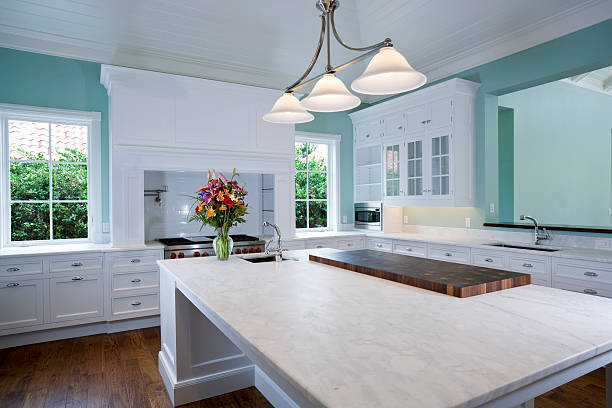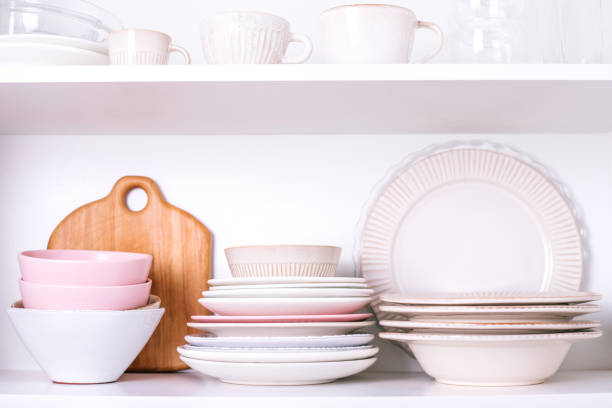Selecting the right boiler is a crucial decision that impacts your home’s heating efficiency, energy costs, and long-term comfort. With various types of boilers available—each with distinct fuel sources, efficiency ratings, and installation requirements—homeowners must carefully evaluate their household’s heating needs, budget, and environmental considerations. The right boiler not only provides reliable warmth but also operates economically, reducing energy waste and lowering utility bills over time.
The first step in choosing a boiler is determining the most suitable fuel type for your home. Gas boilers, powered by natural gas or propane, are among the most common due to their affordability and widespread availability. They offer quick heating and high efficiency, especially in modern condensing models that recover heat from exhaust gases. Oil-fired boilers are an alternative for homes without access to natural gas, though they require on-site fuel storage and regular deliveries. Electric boilers, while compact and easy to install, tend to have higher operating costs but may be ideal for smaller homes or areas with low electricity rates. For eco-conscious homeowners, biomass boilers that burn wood pellets or other renewable materials provide a sustainable option, though they demand more maintenance and storage space. Efficiency is another critical factor when selecting a boiler. Look for models with high Annual Fuel Utilization Efficiency (AFUE) ratings, which indicate how effectively the boiler converts fuel into heat. Condensing boilers, which can achieve AFUE ratings of 90% or higher, are particularly efficient because they capture and reuse heat from exhaust gases that would otherwise be wasted. Non-condensing boilers, while less expensive upfront, typically have lower efficiency ratings and may cost more to operate over time. Additionally, modulating boilers, which adjust their heat output based on demand, provide more precise temperature control and energy savings compared to single-stage models that run at full capacity regardless of need. The size and output of the boiler must align with your home’s heating requirements. An undersized boiler will struggle to maintain comfortable temperatures, while an oversized one will cycle on and off frequently, wasting energy and wearing out components prematurely. A professional heating engineer can perform a heat load calculation to determine the appropriate boiler size based on your home’s square footage, insulation quality, and climate. Proper sizing ensures optimal performance and longevity. Installation and maintenance considerations also play a significant role in the decision-making process. The complexity of installation varies by boiler type, with some systems requiring additional components like flues or fuel storage tanks. Hiring a qualified technician ensures safe and compliant installation, which is essential for both efficiency and safety. Regular maintenance, such as annual inspections and cleaning, keeps the boiler running smoothly and extends its lifespan. Some modern boilers come with smart controls that allow remote monitoring and adjustments, enhancing convenience and energy management. Choosing the right boiler involves balancing upfront costs with long-term savings, fuel availability, and environmental impact. By carefully evaluating fuel options, efficiency ratings, sizing, and maintenance needs, homeowners can invest in a heating system that delivers reliable comfort while minimizing energy consumption. A well-selected boiler not only enhances daily living but also contributes to a more sustainable and cost-effective home. Whether prioritizing cutting-edge efficiency or renewable energy, the right boiler ensures warmth and peace of mind for years to come.



